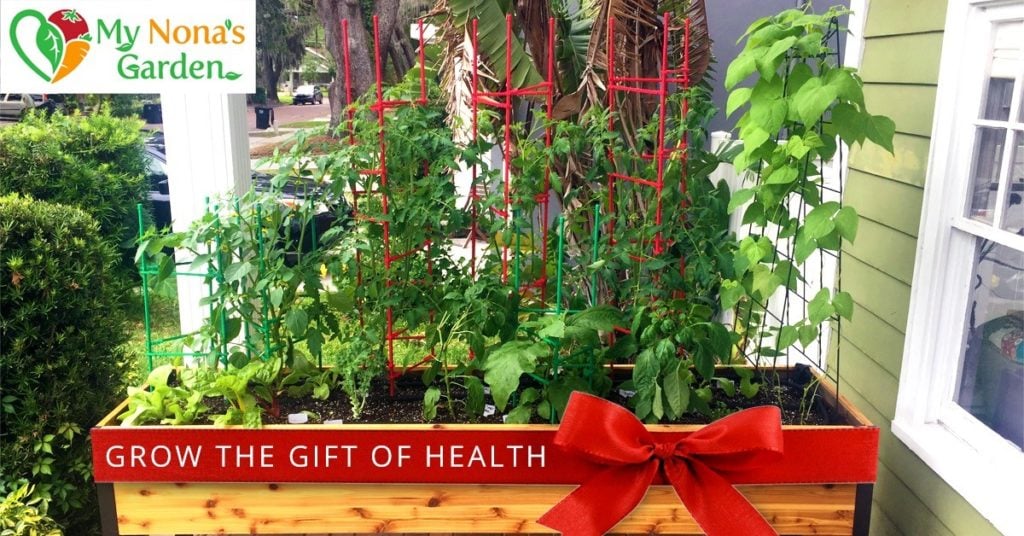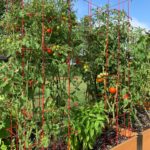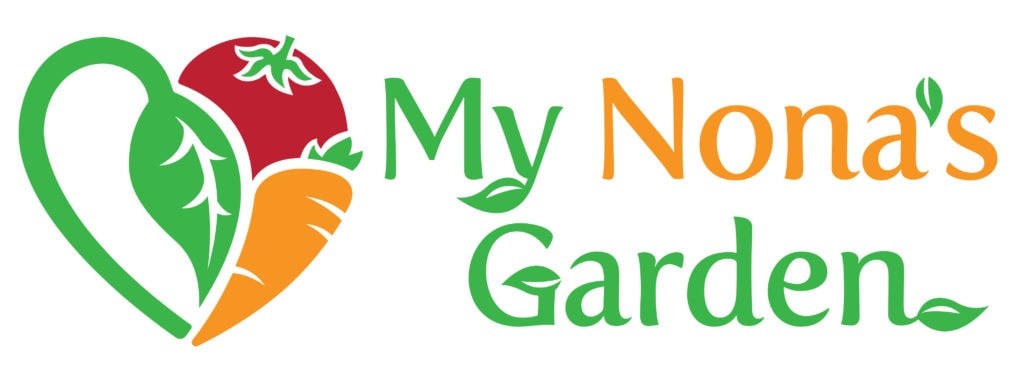
So, what are worm castings anyway and what are their benefits in the organically grown vegetable garden? To get to the point, worms eat garbage and poop out magic as far as the vegetable garden is concerned. In a container, raised bed and even elevated vegetable gardens, there is an element from nature that’s missing, no matter what you add to it … unless you add worms.
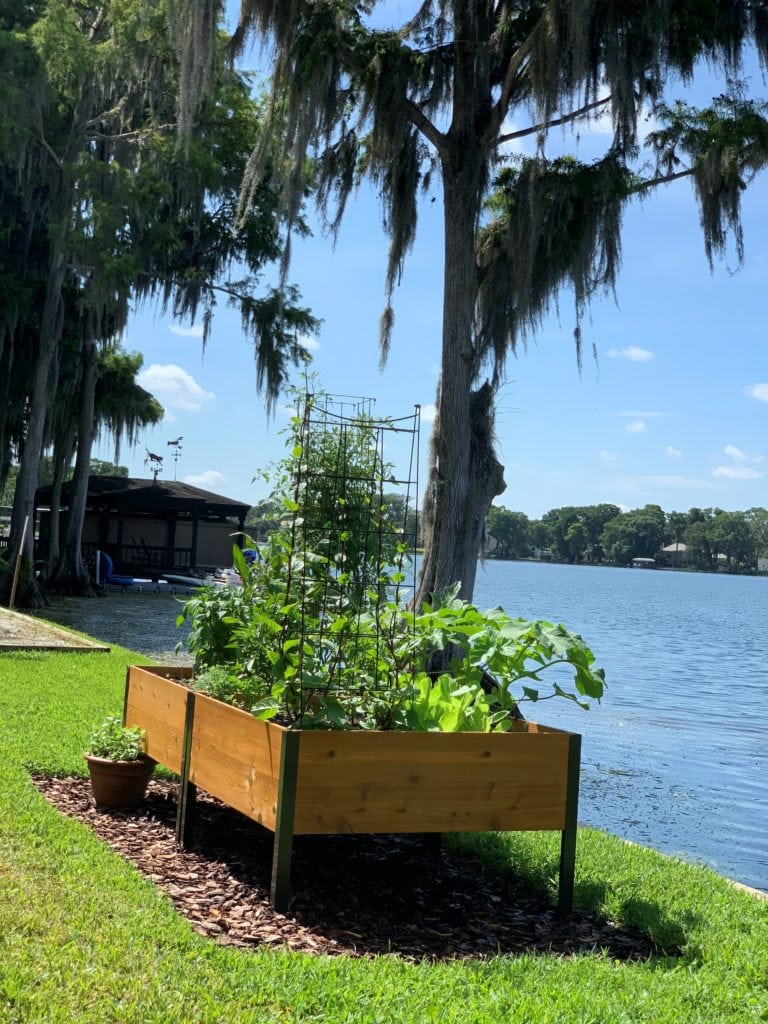
We already know that our vegetable garden needs fertilizer, which typically provides the macronutrients like nitrogen, phosphorus, and potassium. The rates at which these elements are supplied to the garden are listed as numbers and in every fertilizer package where you see N-P-K. The details of what a vegetable garden really needs to get the largest production with the most nutrient-dense vegetables requires us to dig a little deeper. To create a healthy structure in the soil and a living, teeming environment of beneficial organisms, like what exists naturally in the traditional in-ground garden, requires worms.
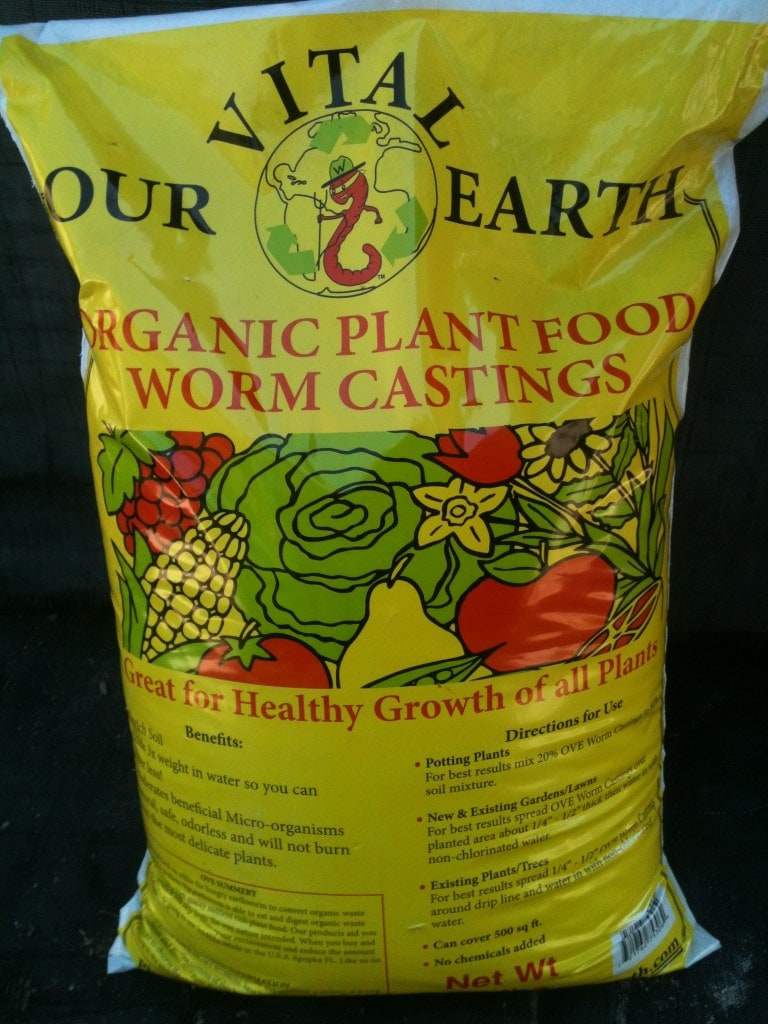
Worms do a great deal, naturally benefiting the soil and creating a teeming ecosystem within your garden. Without worms, the garden is missing crucial beneficial microbes, micronutrients, and good bacteria needed for healthy plants.
One of the natural benefits of having worms in the garden is that, as they crawl through the soil, they till and aerate the soil so that water can drain well. Another thing that worms do is, as they travel through the soil, they eat things like compost food scraps, dirt, and bacteria. Then, they poop worm castings, which add the much-needed microbes, nutrients, and bacteria to build up the structure and living environment within the soil. These elements typically are not found in bagged mixes that you can purchase in the store, even in the organic potting mixes.
Worm poop is called “worm castings,” and worm pee is called “worm tea.” Not all worm castings are created equal. The worm’s diet determines the level of nutrients in the worm castings and tea. People feed worms all kinds of things, like our friends over at Our Vital Earth in Apopka. They feed their worms volcanic rock grit, containing many different micronutrients that can then be found in the castings and thus delivered to the plants in the garden. Also, consider the shelf life of castings that have been bagged and sit on a shelf for an undefined period of time. Freshness counts, too. Over time, everything natural degrades and loses nutrient density. It’s best to get local, fresh castings and tea.
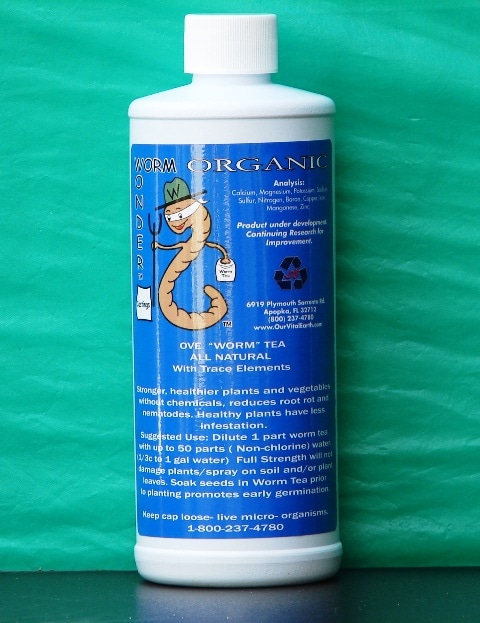
When adding worm castings and worm tea to a garden, it adds some nitrogen as well as nutrients like calcium, magnesium, potassium, sulfur, and boron. These additional nutrients allow for the plants to better absorb the macronutrients, N-P-K, that already exists in our organic fertilizers. It is kind of like eating food with your vitamins so that your body can absorb the nutrients.
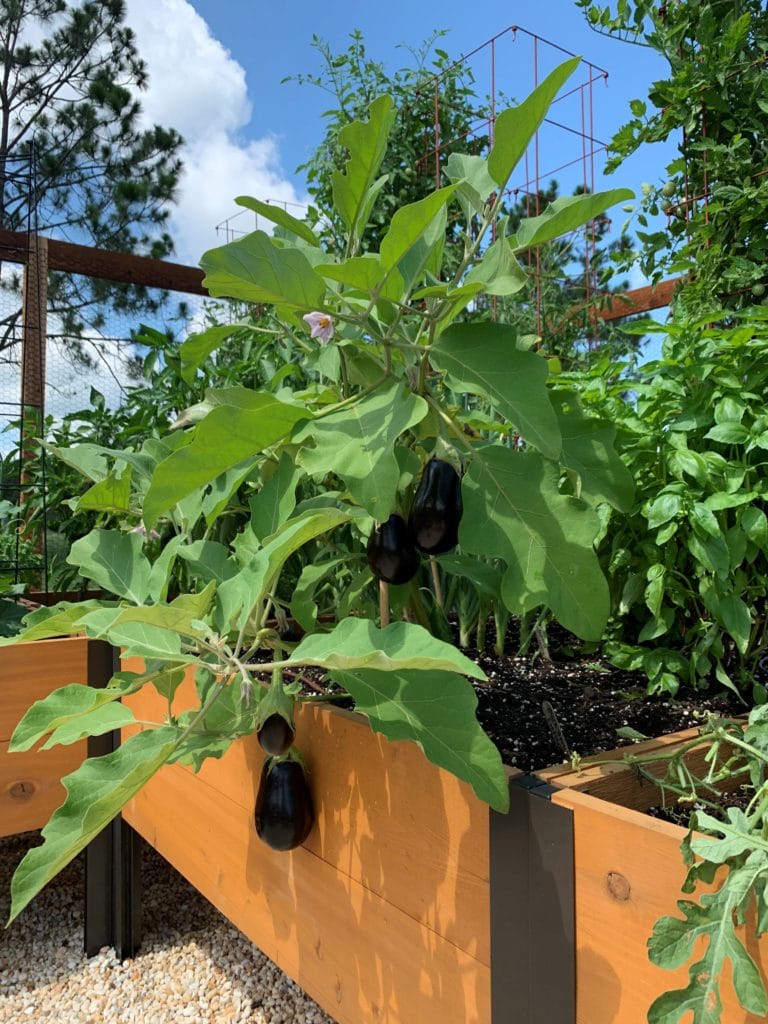
If you really feel that your garden needs a quick boost, then worm tea is the way to go. It can be used as a foliar spray on leaves as well as added to the soil when watering. For a longer supply of micronutrients in the garden, use the worm castings because they just stick around longer and take longer to break down in the soil.
Castings and tea can be cultivated in a worm café. The café is a structure where the worms are fed and cared for, then the castings are extracted at different levels of the system. The tea just simply drains out of a spout at the bottom.
If you feel like your organic vegetable garden just isn’t producing the way that you believe it should or you’re not getting the taste that you’d expect from your veggies, try adding some worm castings and see how your veggies perk right up. The leaves will have a deeper green color within days, and your next round of vegetables will taste even better. Good taste typically equals good nutrition in vegetables.
